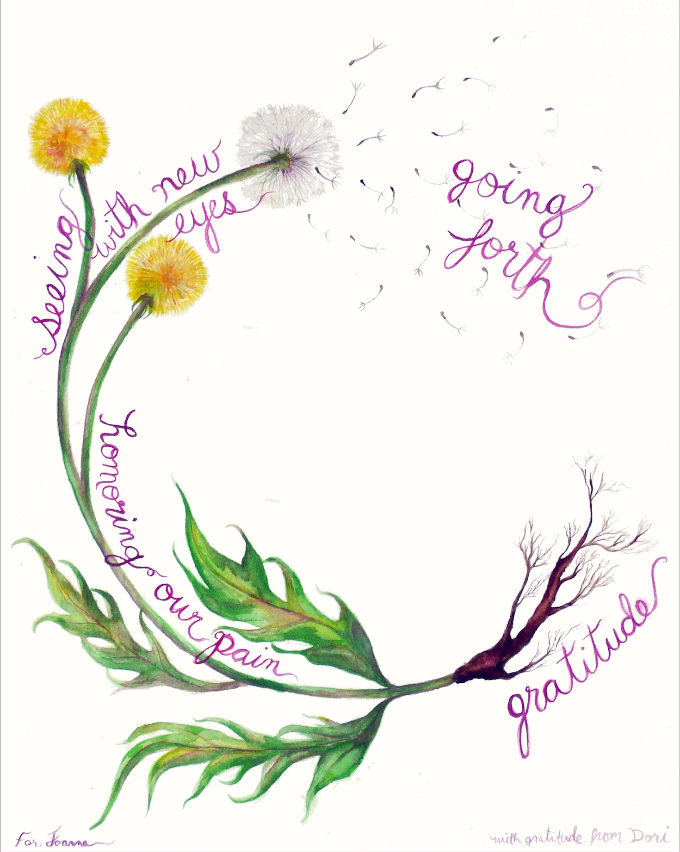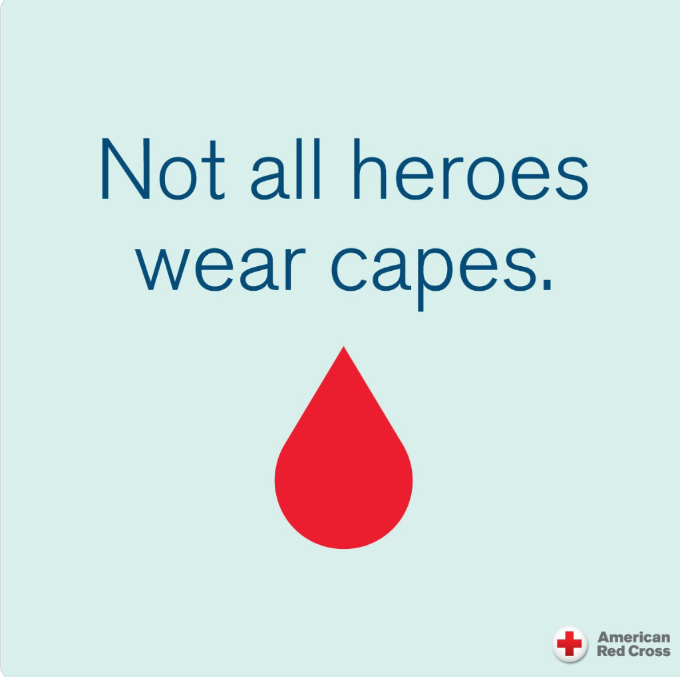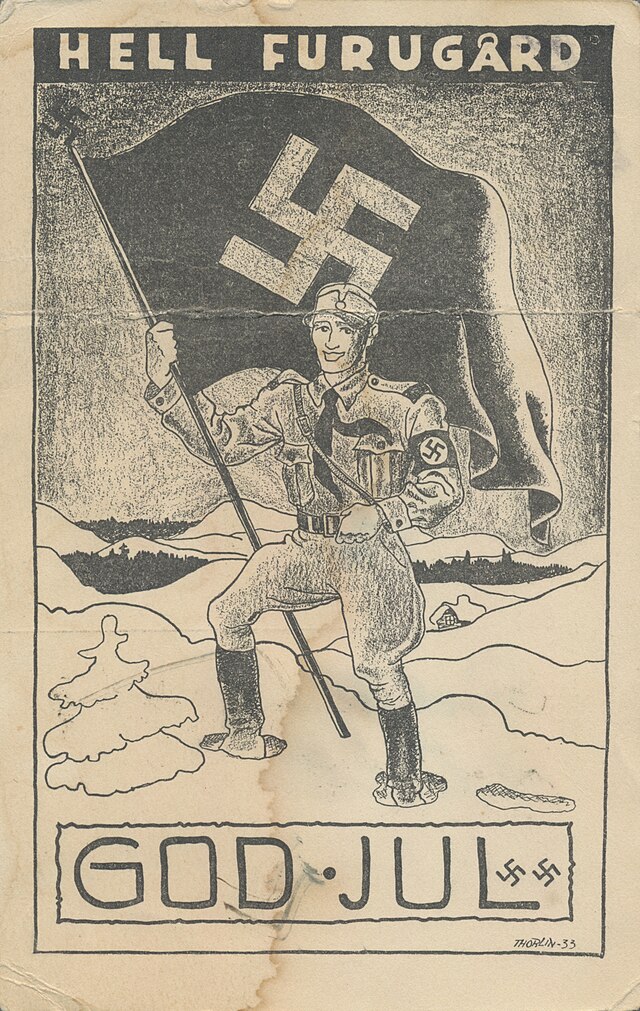September 19, 2025
Civics
"Supporting independent bookstores isn’t just about personal consumer choice—it’s civic engagement."

Kate Broad is an author, editor, and writing advisor with nearly twenty years of experience in publishing. Her debut literary novel, "Greenwich," was published by St. Martin’s Press in July 2025. She provides support and advice for writers through her newsletter "Ask An Author". Photo by Brittanny Taylor
This spring, Kate Broad was six hundred miles into a two-thousand-mile road trip when her phone buzzed with the update she had been dreading. In a 10–7 decision, the U.S. Court of Appeals for the Fifth Circuit ruled that public libraries, including school libraries, are no longer protected under First Amendment free speech guarantees.
Broad explains that Americans have long used First Amendment rights to challenge book removals, arguing that patrons have a right to access information in public libraries. But the Fifth Circuit broke precedent, declaring that this right does not extend to taxpayer-funded libraries.
She asks: what does it mean to overturn more than forty years of anti-censorship law? For one, partisan government bureaucrats—not trained librarians—can now determine what appears in library collections. A politician or unelected official who may not have read a book since high school could legally remove titles as long as he calls it “curation.”
Broad had embarked on her road trip from the Bronx to Boulder, Colorado, to dog-sit for a month and begin drafting a new book. She chose to drive so she could deepen her connections and visit as many independent bookstores as possible along the way.
Reflecting on the Fifth Circuit’s ruling, she notes that the First Amendment does not require booksellers to stock titles they find objectionable. At the same time, the government cannot dictate what bookstores sell—or stop them from selling books it deems controversial. This fight for free speech, she observes, is not new. Independent bookstores have been on the frontlines for decades.
"Capitalism isn’t going to save us. But supporting independent bookstores isn’t just about personal consumer choice—it’s civic engagement. For every book that’s banned, and every library that loses its autonomy over curation, we’re going to need community action and mutual aid to get books into readers’ hands. Buy books from indie stores, gift books to those who can’t access them, show up at local meetings, and speak against censorship. None of us can afford to look away, even if it isn’t our library, our county, or our book that’s on the chopping block."
ARTICLE: A Refuge From Censorship: Why Independent Bookstores Will Save Us




